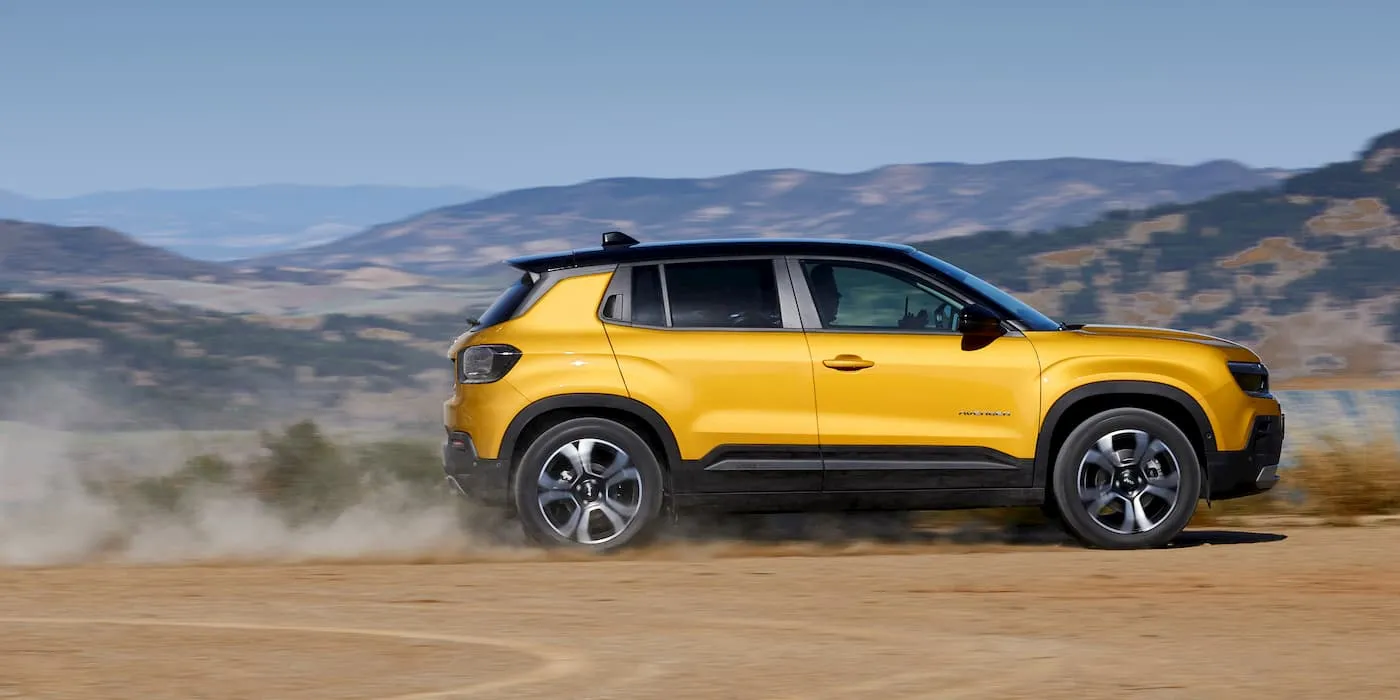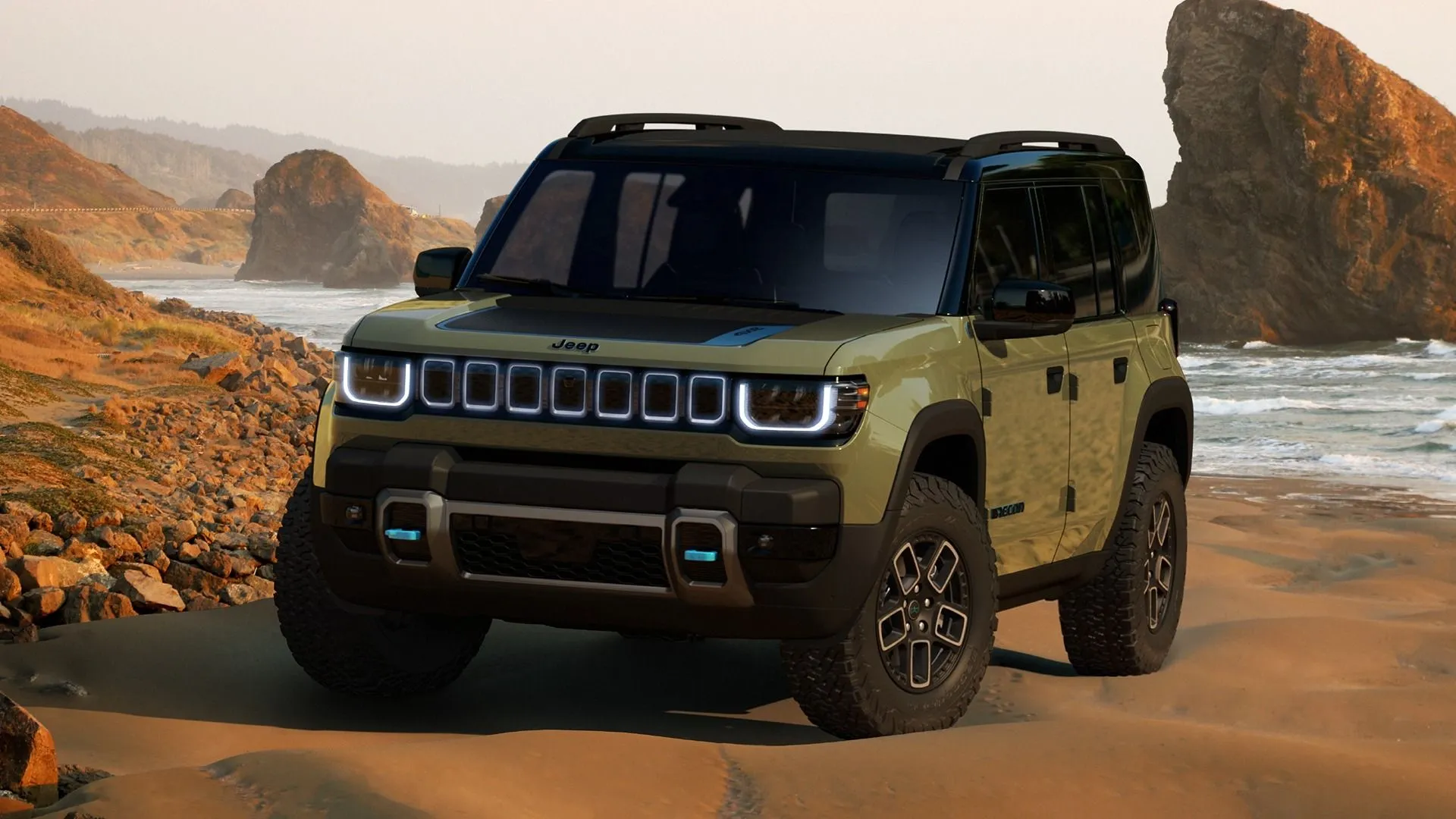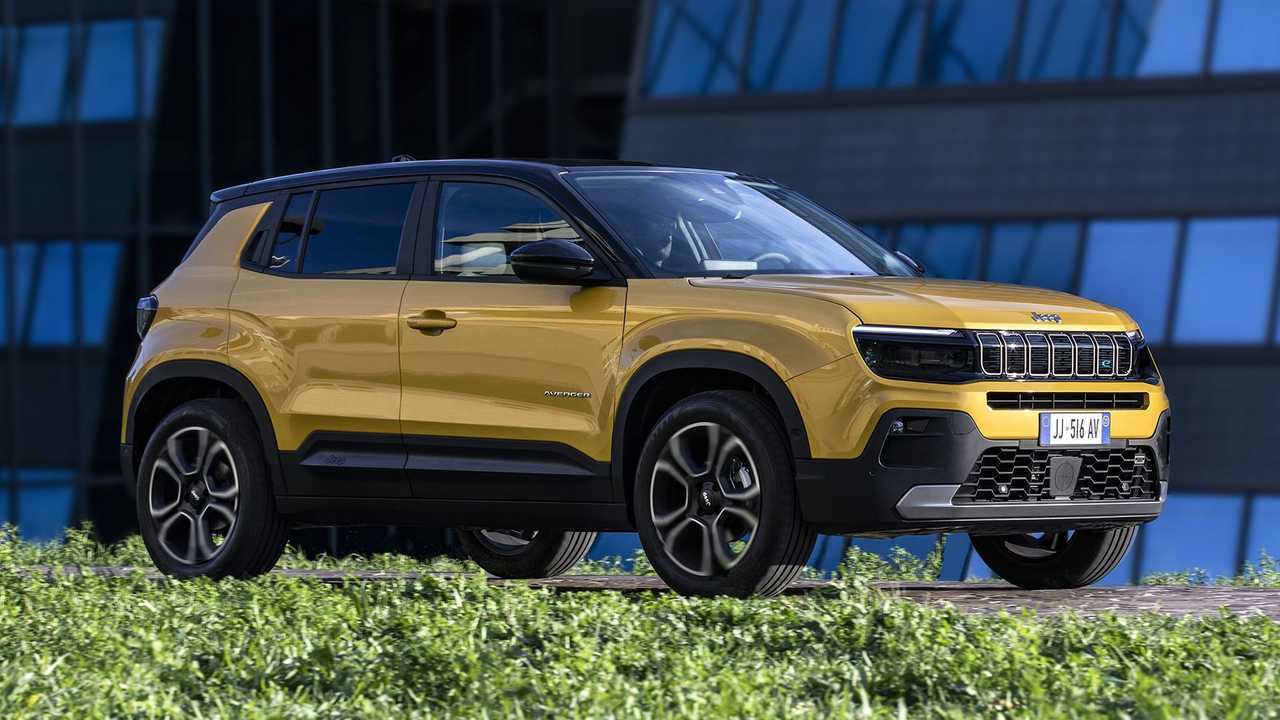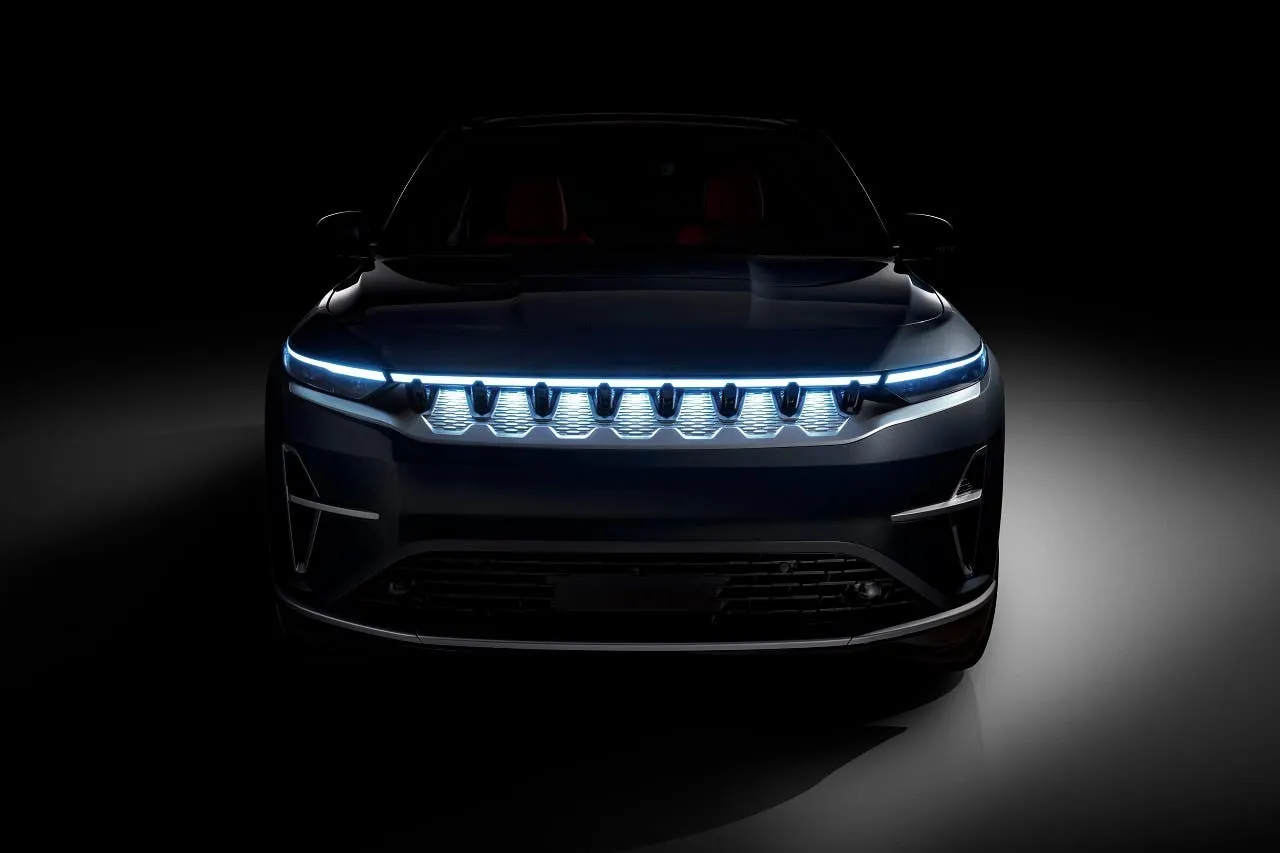In the ever-evolving world of automotive innovation, the spotlight often shines brightest on the companies bold enough to redefine the standards of accessibility and sustainability. Jeep, synonymous with rugged durability and off-road prowess, is now steering its course towards electrification with an audacious promise: a $25,000 electric vehicle.
This ambitious goal, announced by Stellantis CEO Carlos Tavares, could potentially transform the EV market in the United States.

Jeep: The Promise of Affordability in Electric Vehicles
During a revealing session at the Bernstein investor conference, Tavares announced the launch of the all-electric Jeep Wagoneer S, marking the beginning of what he termed an EV “offensive” that would captivate the U.S. market. More intriguing, however, is the commitment to introduce an electric Jeep model priced around $25,000—a figure that piqued interest and set industry tongues wagging.
Antonio Filosa, CEO of Jeep, expressed both surprise and determination in response to the announcement. “It’s a big challenge,” Filosa admitted shortly after the debut of the Wagoneer S in New York City. He described the announcement as “unexpected,” highlighting the contrast between the high-end Wagoneer S, which starts at a steep $71,995, and the proposed affordable model.

Engineering Challenges and Market Dynamics
The $25,000 price point is not just a number but a significant milestone in the EV industry. It represents a potential tipping point that could accelerate the adoption of electric vehicles across broader demographics. “My boss says soon,” Filosa shared with a knowing smile, acknowledging the immense engineering hurdles that lie ahead.
He hinted at ongoing developments, stating, “We have good ideas, we already had our calculations, and we strongly believe that we can get there.”
However, Filosa remained cautious about committing to a specific timeline for the launch, only teasing that a new, more affordable vehicle would follow the upcoming Jeep Recon, with details to be revealed later.

Beyond the $25,000 EV: Industry Perspectives and Competitions
The automotive industry at large has grappled with the challenge of producing cost-effective EVs without compromising on quality and performance. Major players like Tesla have shifted strategies, while Ford, Volkswagen, and Kia are actively exploring smaller, more economical models. Similarly, GM is revitalizing its Bolt EV, and Nissan continues to innovate with its Leaf lineup.
Yet, the competition isn’t just within the traditional automotive sector. Chinese manufacturers such as BYD, Li Auto, and Nio are aggressively pricing their EVs for global markets, adding another layer of complexity to Jeep’s ambitions. “I worry because the level of cost that they need is 20–25 percent lower than our costs,” Filosa noted, underscoring the competitive pressures facing American manufacturers.

A Glimpse Into the Future
As Jeep navigates these challenges, the automotive world watches keenly. Can Jeep deliver on its promise of a $25,000 electric vehicle? The answer to this question could very well shape the future of electric mobility, making sustainable transportation accessible to a broader audience and setting a new benchmark for the industry.
In the words of Filosa, “We strongly believe that we can get there.” With determination, innovation, and a clear vision, Jeep’s journey toward electrification may pave the way for a new era of affordable, sustainable vehicles. The road ahead is fraught with challenges, but also filled with potential—a journey worth watching.


